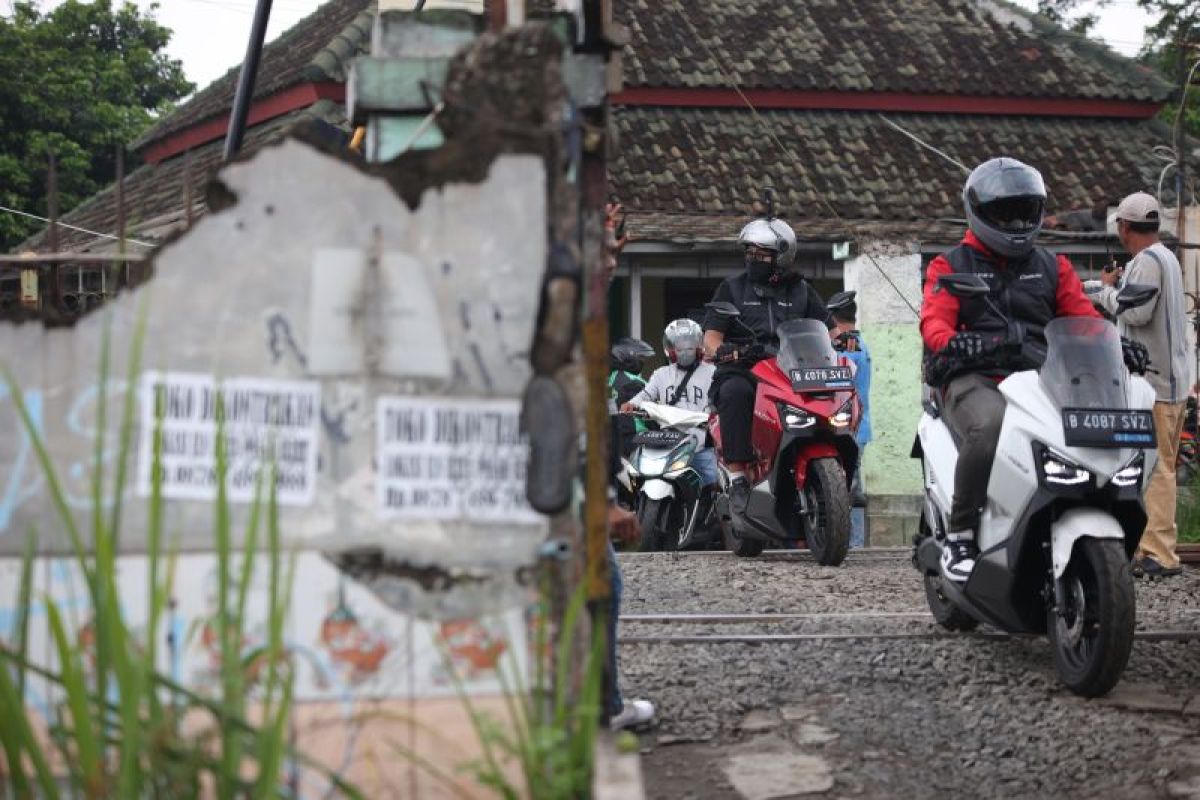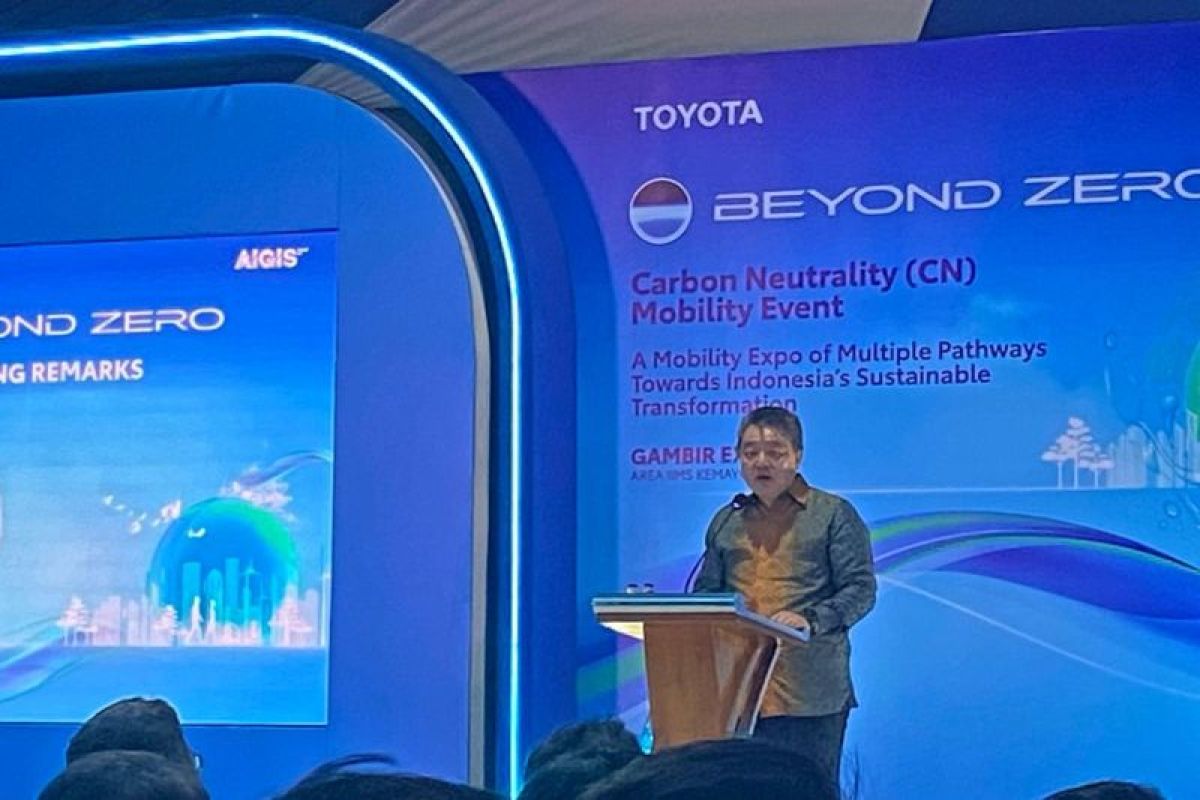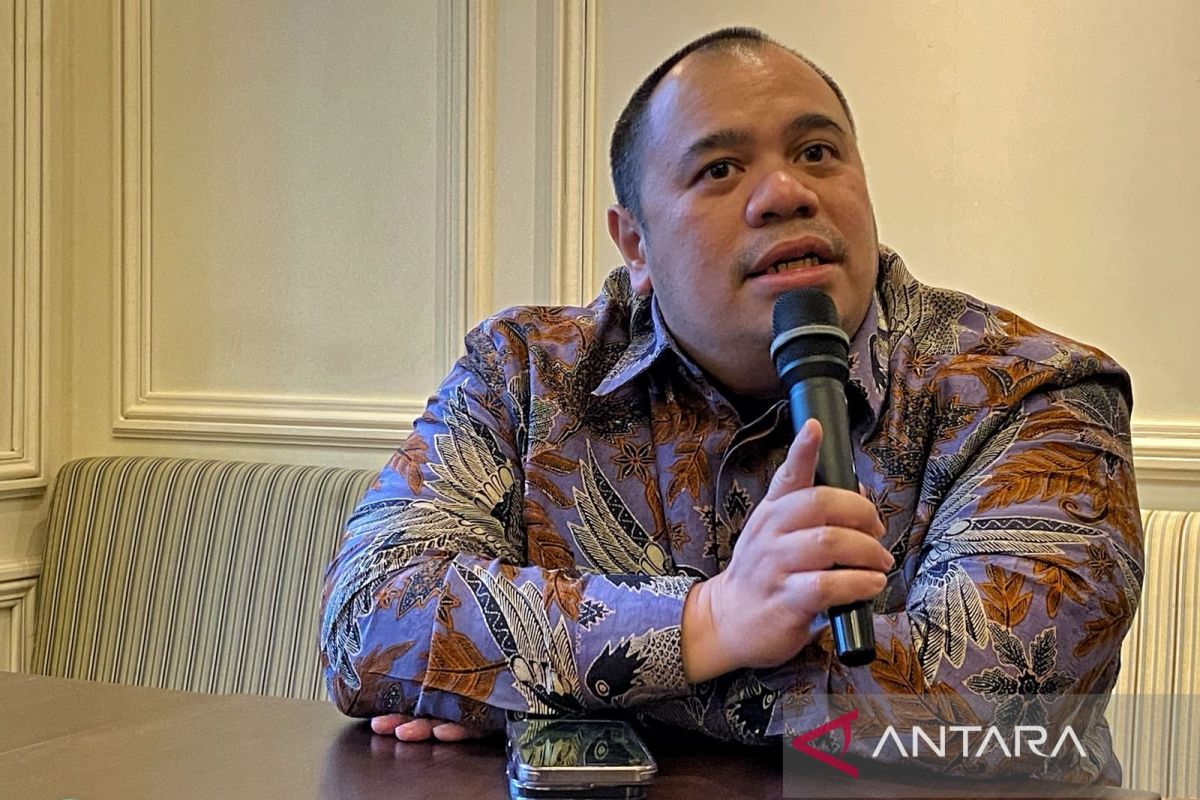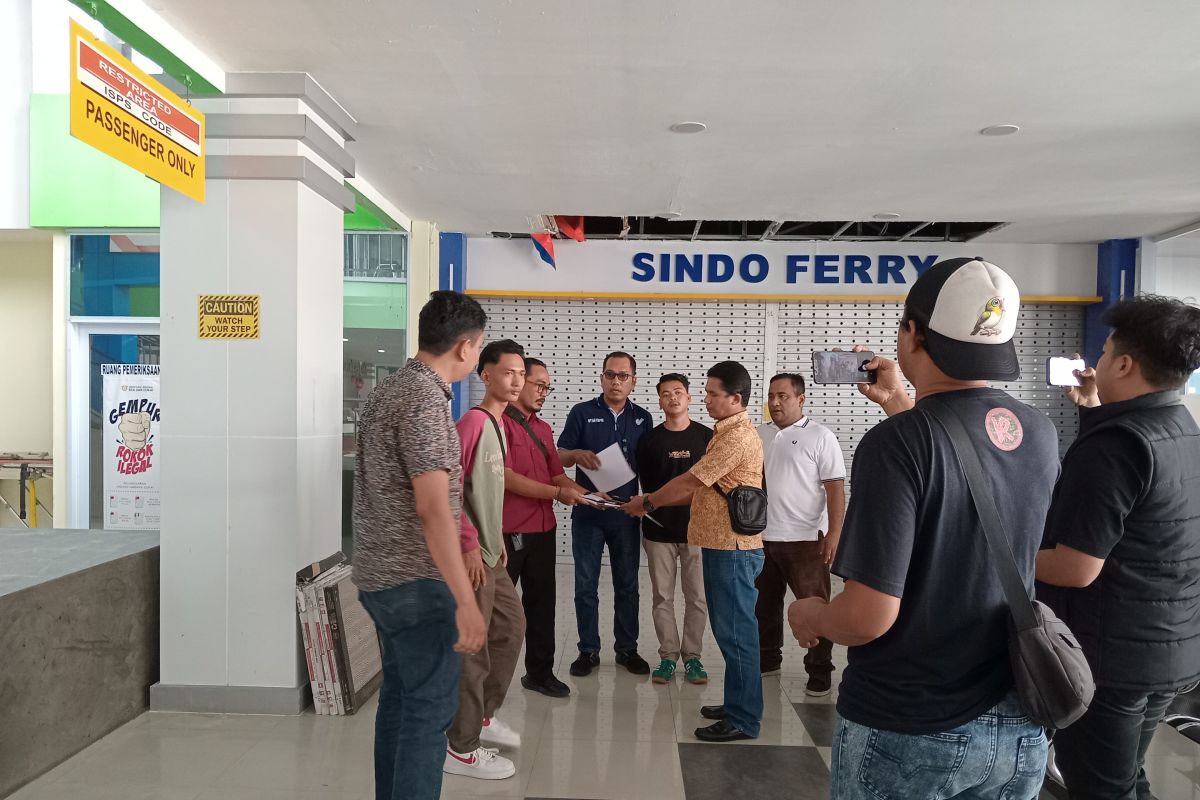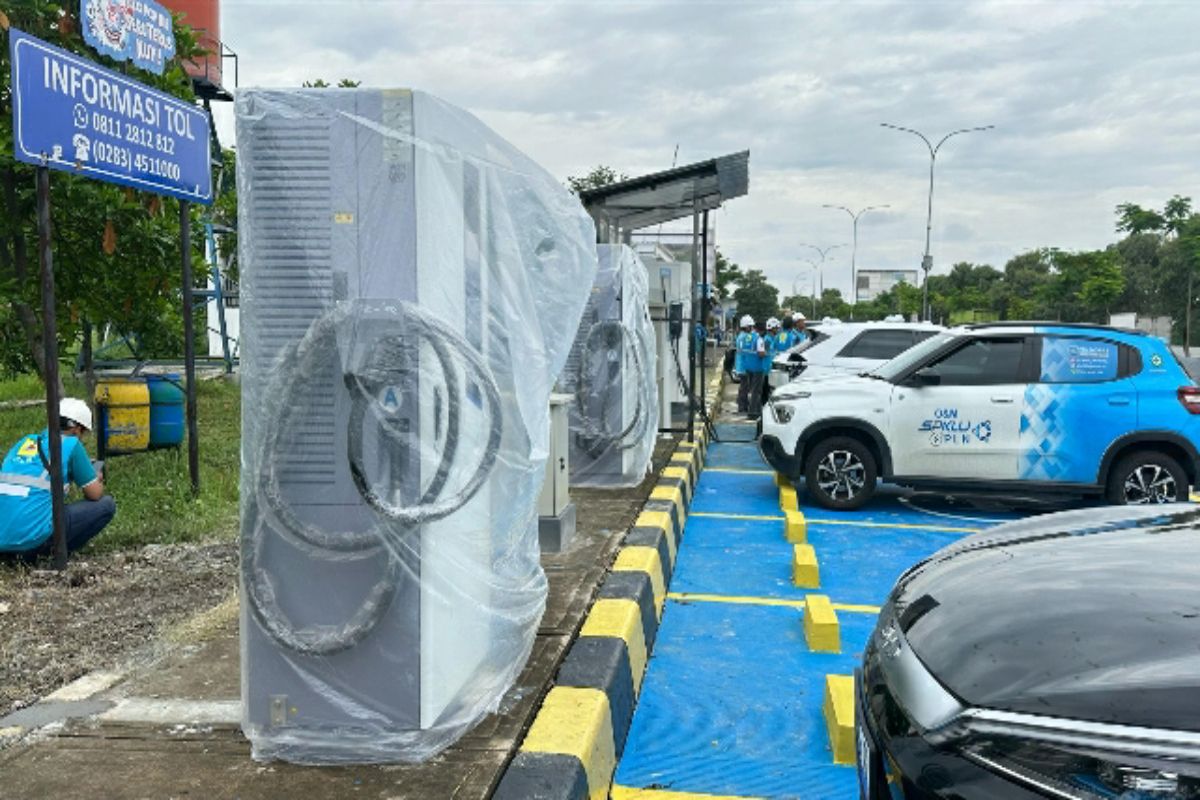TEMPO.CO, Jakarta - Herdiansyah Hamzah, a constitutional law expert from Mulawarman University, suspects indications of corruption in the issuance of a nickel mining permit in Raja Ampat, Southwest Papua.
A researcher at the Center for Anti-Corruption Studies (SAKSI) at the Faculty of Law, Mulawarman University, questioned why the mining business permit was issued. According to Herdiansyah, Law Number 1 of 2014 concerning the Management of Coastal Areas and Small Islands expressly prohibits mining activities on small islands. Moreover, Decision Number 35/PUU-XXI/2023 of the Constitutional Court reinforces this prohibition.
"However, the mining permit was issued. This suggests collusion between the issuing authority—in this case, the government—and the mining company. It is also important to investigate the nature of the permits that were issued," said Herdiansyah to Tempo on Saturday, June 7, 2025.
Herdiansyah said this phenomenon sends a message that there is collusion in the issuance of this permit. Furthermore, upon further investigation, it could constitute a corruption offense due to state losses and alleged gratification processes in the permit issuance.
Constitutional law expert from Andalas University, Feri Amsari, also questioned how a mining permit could be issued in an area prohibited by law from being mined.
"Who issued the permit? If the permit violates the law and there are financial gains, then it is considered corruption of natural resources," said Feri when contacted by Tempo last Saturday.
Feri said this anomaly could serve as a basis for law enforcement to initiate investigations and prosecutions related to corruption of natural resources, both for the current and previous ministers. He also questioned why the Energy and Mineral Resources Minister, Bahlil Lahadalia, only temporarily halted mining activities, rather than permanently stopping them. According to Feri, this is a clear violation of the law.
Feri explained that Law Number 1 of 2014 prohibits mining activities on small islands. According to Article 23, paragraph (2) of this law, the use of small islands and surrounding waters is prioritized for the following purposes: conservation, education and training, research and development, marine cultivation, tourism, sustainable fisheries and marine industries, organic farming and animal husbandry, and national defense and security.
Outside of conservation, education and training, research and development, small islands and surrounding waters must meet environmental management requirements, consider local water system capacity and sustainability, and use environmentally friendly technology.
Feri also pointed out that the law clearly states that small islands are an area equal to or less than 2,000 square kilometers, including their ecosystem. Meanwhile, Gag Island, one of the islands in the Raja Ampat archipelago being mined, has an area of 6,000 hectares, equivalent to 60 square kilometers.
"It is definitely classified as a small island, and according to Law Number 1 of 2014, mining activities are prohibited," said Feri.
Mining on small islands has also been prohibited through Constitutional Court Decision Number 35/PUU-XXI/2023. The Constitutional Court reaffirmed the ban on mining activities in coastal and small island areas through this decision.
Former Director of the Constitutional Study Center (PUSaKO) at the Faculty of Law, Andalas University, also stated that mining in Raja Ampat violates the 1945 Constitution. According to him, Article 33, paragraph 4 of the 1945 Constitution explicitly states that the national economy is organized based on economic democracy with equality, efficiency, sustainability, environmental awareness, independence, and maintaining the balance of national economic progress and unity.
In fact, according to Feri, mining in Raja Ampat is not environmentally sustainable and is only for nickel production at the expense of environmental preservation.
Earlier, Minister of Energy and Mineral Resources Bahlil Lahadalia stated that the nickel mining business permit in Raja Ampat Regency was issued before he took office. Bahlil made this statement after deciding to temporarily halt PT GAG Nikel's production activities.
Bahlil only temporarily halted nickel mining activities by the company. The freezing of the company's Mining Business Permit (IUP) has been in effect since Thursday, June 5, 2025. This step was taken after environmental activists and civil society alliances rejected nickel mining activities in Raja Ampat as a threat to the ecosystem.
Nandito Putra and Riri Rahayu contributed to the writing of this article
Editor's Choice: Minister Bahlil Says Raja Ampat Mining Permit Issued Before His Tenure
Click here to get the latest news updates from Tempo on Google News


































